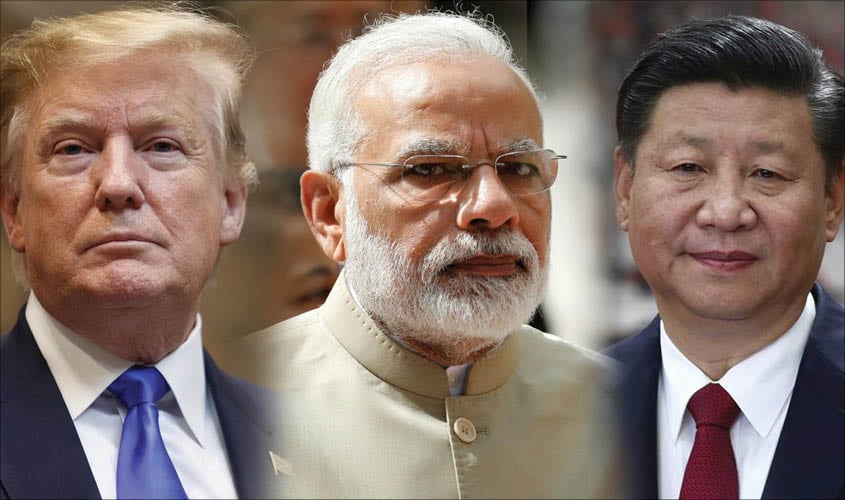In a cautious but firm response to the U.S. designation of The Resistance Front (TRF) as a Foreign Terrorist Organisation (FTO), China on Friday urged regional countries to strengthen anti-terror cooperation to maintain security and stability across South Asia.
“China firmly opposes all forms of terrorism and strongly condemns the terrorist attack that occurred on April 22,” said Chinese Foreign Ministry spokesperson Lin Jian during a press briefing in Beijing. He was referring to the deadly assault in Pahalgam, Jammu and Kashmir, in which 26 civilians were killed. The attack was initially claimed by TRF, a proxy of the Pakistan-based Lashkar-e-Taiba (LeT), but the group later retracted the claim amid rising diplomatic tensions.
Responding to a question on the U.S. action, Lin said, “China calls on regional countries to enhance counterterrorism cooperation and jointly maintain regional security and stability.” His statement reflects a broader concern in Beijing over rising militant threats in the region, even as it refrained from directly commenting on TRF’s links to Pakistan.
On Thursday, U.S. Secretary of State Marco Rubio announced that the State Department had designated TRF both as an FTO and as a Specially Designated Global Terrorist (SDGT), citing its direct involvement in the April Pahalgam attack. The move aligns closely with India’s long-standing position that TRF is a front for the banned Lashkar-e-Taiba, responsible for the 2008 Mumbai attacks.
India welcomed the U.S. move, calling it a “timely and important step” in the global fight against terrorism. External Affairs Minister Dr. S. Jaishankar praised the decision as a reflection of growing India-U.S. counterterrorism cooperation.
The designation could also be raised at the United Nations Security Council’s 1267 Sanctions Committee, which oversees global counterterror measures. The committee has already blacklisted several Pakistan-based groups and individuals, including LeT, Jaish-e-Mohammad (JeM), and Jamaat-ud-Dawa (JuD), along with terror masterminds Hafiz Saeed and Masood Azhar.
China, a permanent member of the UN Security Council and frequent participant in regional anti-terror talks, has often walked a diplomatic tightrope when it comes to counterterrorism designations involving Pakistan. However, its latest call for enhanced cooperation signals its willingness to support broader regional efforts against transnational terrorism.
As regional stakeholders assess the fallout of the U.S. action, China’s measured remarks suggest a shift toward encouraging multilateral counterterrorism dialogue, even as geopolitical sensitivities continue to shape its approach.













